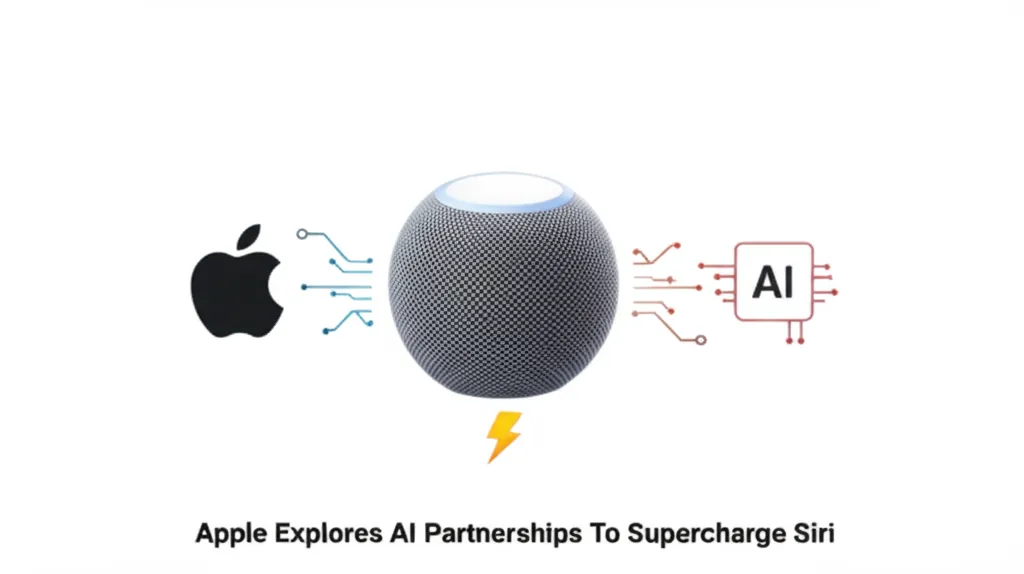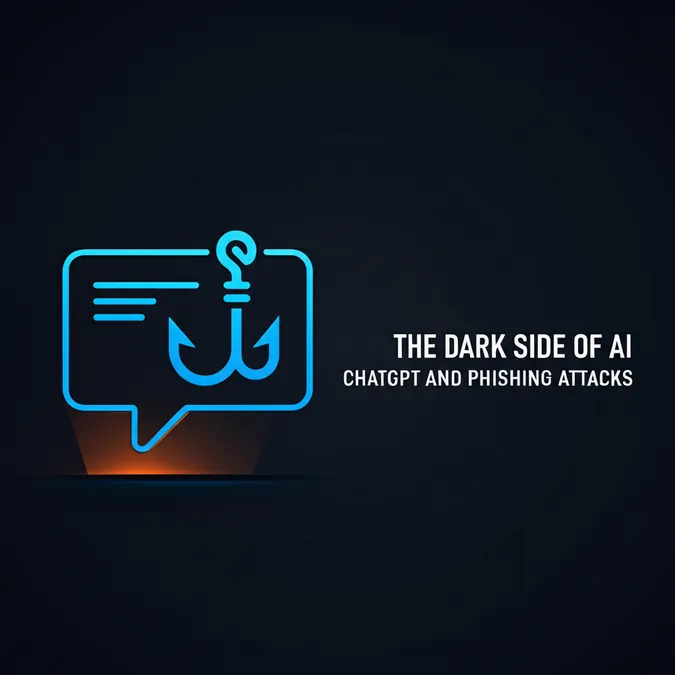Developer Offer
Try ImaginePro API with 50 Free Credits
Build and ship AI-powered visuals with Midjourney, Flux, and more — free credits refresh every month.
AI Therapy The Next Frontier in Mental Healthcare
In a groundbreaking development, artificial intelligence is venturing into one of the most complex areas of human health: psychosis therapy. The rise of sophisticated AI like ChatGPT is prompting a serious exploration of its role in mental healthcare, signaling a potential revolution in how we approach treatment. This move is not without its share of debate, raising critical questions about the capabilities, ethics, and future of AI as a therapeutic partner.
The Dawn of AI in Mental Healthcare
The application of AI chatbots in therapy is an emerging field with the potential to make mental health support more accessible. As highlighted in a detailed report by The Independent, tools like ChatGPT are being tested as aids for individuals with serious conditions. The primary appeal lies in providing immediate, 24/7 support, which could help bridge critical gaps in traditional healthcare systems where wait times can be long and resources scarce.
Expert Perspectives: A Double-Edged Sword
Mental health professionals offer a mix of cautious optimism and significant concern. Some experts see AI as a valuable tool that can complement human therapists by handling preliminary screenings or offering continuous support. They believe it could reduce the stigma associated with seeking help by providing a private, non-judgmental space for users.
However, many critics argue that AI currently lacks the nuanced understanding, empathy, and emotional intelligence required for complex cases like psychosis. The risks of misinterpretation or providing inadequate responses are high. Experts stress the indispensable role of human oversight and the need for rigorous ethical guidelines to ensure patient safety, a sentiment echoed throughout the discussion on AI's role in mental health.
Public Voice: Hope, Skepticism, and Privacy
Public reaction to AI therapists is sharply divided. On one side, there's optimism about the democratization of mental health care, with people appreciating the convenience and anonymity that chatbots can offer. Some have shared positive experiences, finding comfort in an always-available digital support system.
On the other side, there is significant skepticism. Concerns about data privacy are paramount, as users question how their sensitive mental health information is stored and used. Many are also wary of an impersonal approach, believing that a machine cannot replicate the genuine connection and empathy crucial to effective therapy. These mixed reactions, as covered by The Independent, reflect a broader societal debate on the appropriate boundaries for technology in our lives.
Charting the Future of Digital Therapy
The integration of AI into mental health services has profound future implications. As the technology evolves, it could lead to more personalized and efficient therapeutic interventions. However, this path is filled with challenges. Establishing robust regulatory frameworks will be essential to uphold ethical standards, ensure reliability, and protect patients.
The future of AI in therapy will likely involve a collaborative model where technology supports, rather than replaces, human professionals. This journey will require close cooperation between tech developers, healthcare providers, and policymakers to harness the benefits of AI while mitigating its potential risks, ultimately shaping a new landscape for global mental healthcare.
Compare Plans & Pricing
Find the plan that matches your workload and unlock full access to ImaginePro.
| Plan | Price | Highlights |
|---|---|---|
| Standard | $8 / month |
|
| Premium | $20 / month |
|
Need custom terms? Talk to us to tailor credits, rate limits, or deployment options.
View All Pricing Details

